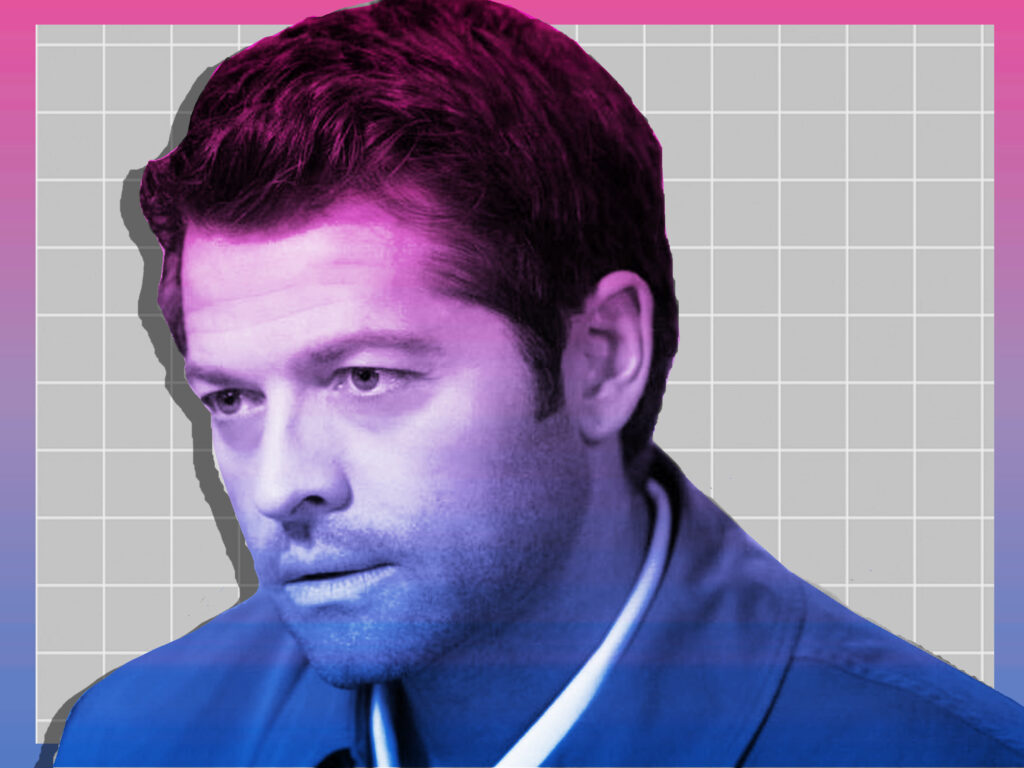On Nov. 5, 1.4 million people mourned as Castiel, one of the star characters of the CW’s “Supernatural,” was cast into “super Hell” immediately after his long-awaited queer love confession to Dean. Since 2005, fans have championed the show as LGBTQ representation, confident in the impending success of the implied queer love story at its center that was sure to be resolved. But instead of reciprocation, a kiss, or even an open ending, viewers got a comically stoic climax to their long-anticipated romance.

Luckily, “Supernatural” has just ended after 15 long seasons. I say luckily because “Supernatural,” and many works like it, have stood in the way of the LGBTQ fandom’s goal of explicit and plentiful bisexual representation that doesn’t involve one of the characters being cast into Hell. We want queer and trans stories, including bi stories, to be treated with the same explicit and respect as their straight and cis counterparts; we want romance arcs, queer joy and diversity, not queerbaiting, longing looks and demeaning jokes. But the longevity of “Supernatural” shows that the mainstream media’s tolerance for poor, comically offensive portrayals of queer characters is still far too high. And, so it seems recently, so is the tolerance of queer media.
As more and more bi characters have graced our screens with storylines that vary greatly in quality, queer pop culture sites have indiscriminately praised each performance, thankful for any representation no matter how pitiful. This trend has become particularly obvious in the uncritical praise of film and television shows using “blink and you’ll miss it” moments to confirm a character’s bisexuality, without any clear references in the plot or dialogue. “The Queen’s Gambit,” Netflix’s record-breaking miniseries about 1960’s chess prodigy Beth Harmon (Anya Taylor-Joy), has received a shocking amount of undue praise for its covert confirmation of the main character’s bisexuality.
